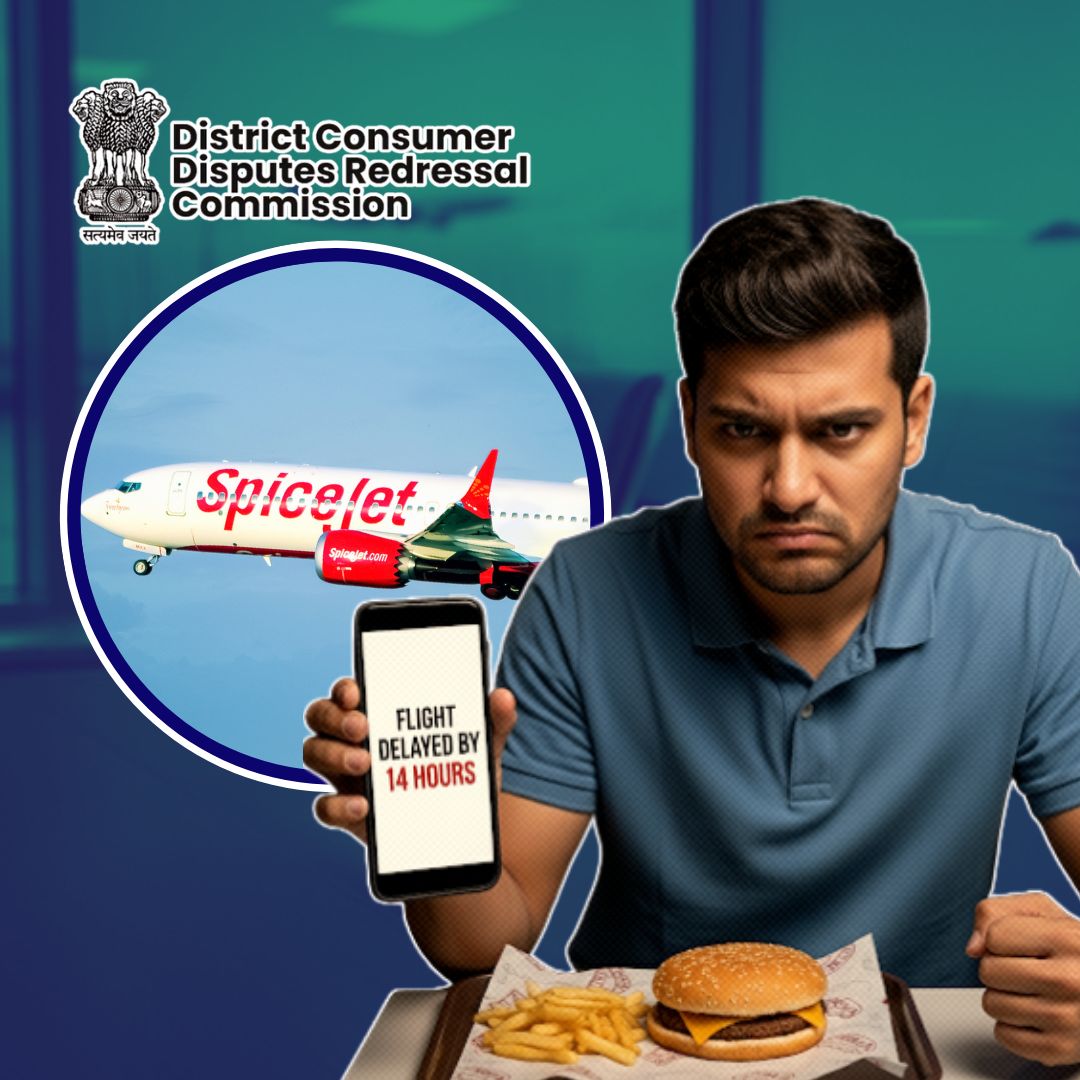The District Consumer Disputes Redressal Commission in Mumbai has directed SpiceJet to compensate Rs 50,000 plus Rs 5,000 legal costs to a Mulund resident for the prolonged 14-hour delay on a Dubai-Mumbai flight in July 2024.
The commission found SpiceJet failed to provide sufficient meals, refreshments, traveler information, and adequate rest facilities during the disruption, resulting in mental agony and extra expenses. SpiceJet’s technical delay justification was deemed inadequate without proof of passenger care efforts.
This landmark decision reinforces consumer protection rights in air travel and mandates the airline to comply fully following passenger Dinesh Hemrajani’s complaint.
Compensation and Consumer Rights: Setting a Precedent for Airlines
This case highlights the critical consumer protections enforced by aviation regulatory bodies and consumer commissions in India.
The commission underlined that airlines must do more than explain delays as technical faults. Passengers are entitled to timely and sufficient meals, refreshments, a relaxing waiting area, and prompt communication throughout long waits. The complainant received only a single meal despite the extended delay, which the commission judged insufficient, constituting neglect of passenger welfare.
The decision references Directorate General of Civil Aviation (DGCA) Civil Aviation Requirements, which legally mandate airlines to provide adequate care proportional to the waiting duration. SpiceJet’s failure to substantiate compliance through evidence led to the imposed penalty.
Background and Regulatory Climate: Increasing Passenger Empowerment
Consumer awareness and enforcement have grown steadily in the Indian aviation sector. Cases like this expose repeated lapses by airlines including SpiceJet in managing delays and cancellations with due care.
In recent years, the airline has been ordered to pay compensation for wrong ticket issuance and refund passengers affected by cancellations during the COVID-19 period. The evolving regulatory framework, including the Consumer Protection Act, 2019 and DGCA guidelines, empowers passengers to seek redress for deficiencies in service and unfair trade practices.
Consumer commissions are now more actively holding airlines accountable for passenger distress and financial losses caused by service failures.
Expert Advice: Know Your Rights and How to Claim Them
Experts advise passengers to be well-informed about their rights under Indian law and DGCA rules. The Consumer Protection Act, 2019 broadly protects air travellers against deficiencies and unfair practices, while DGCA Civil Aviation Requirements set out specific obligations during delays, cancellations, and denied boarding.
Passengers should always document every interaction with airlines, keep boarding passes, tickets, receipts, and communication records safe. If an issue arises, the first step is filing a written complaint to the airline’s customer care. If unresolved, formal complaints can be filed with district or state consumer commissions, which have simplified procedures for quick redress.
Legal experts suggest this documentation serves as critical evidence during hearings, increasing chances of favourable outcomes.
The Logical Indian’s Perspective
The Mumbai commission’s ruling confirms that passenger dignity and safety are paramount even amid unavoidable delays. At The Logical Indian, we advocate for airlines to adopt empathetic, transparent policies that reduce distress through proactive communication and adequate care.
Strong regulatory enforcement and consumer empowerment are essential to prevent neglect and strengthen harmonious relations between travellers and service providers. This case challenges policymakers and airlines alike to elevate service standards consistently.











